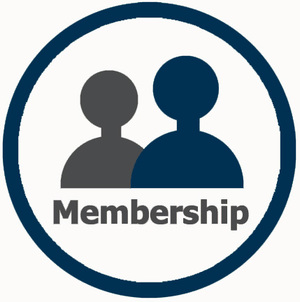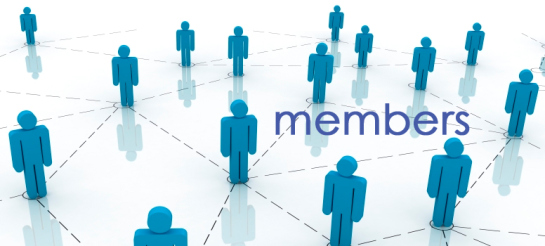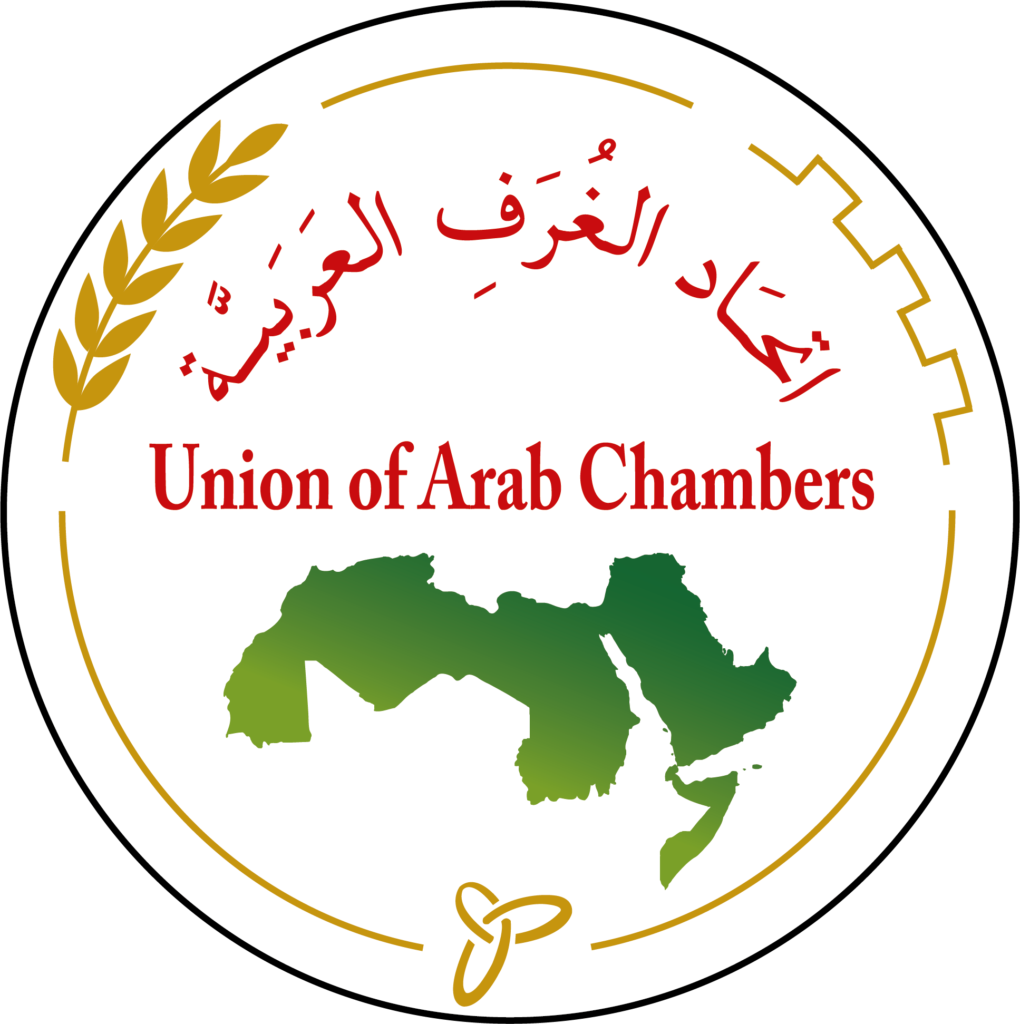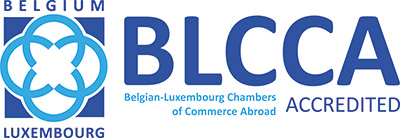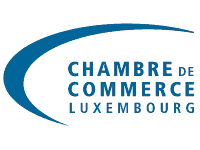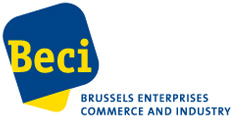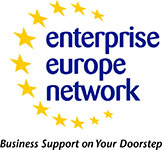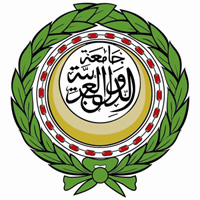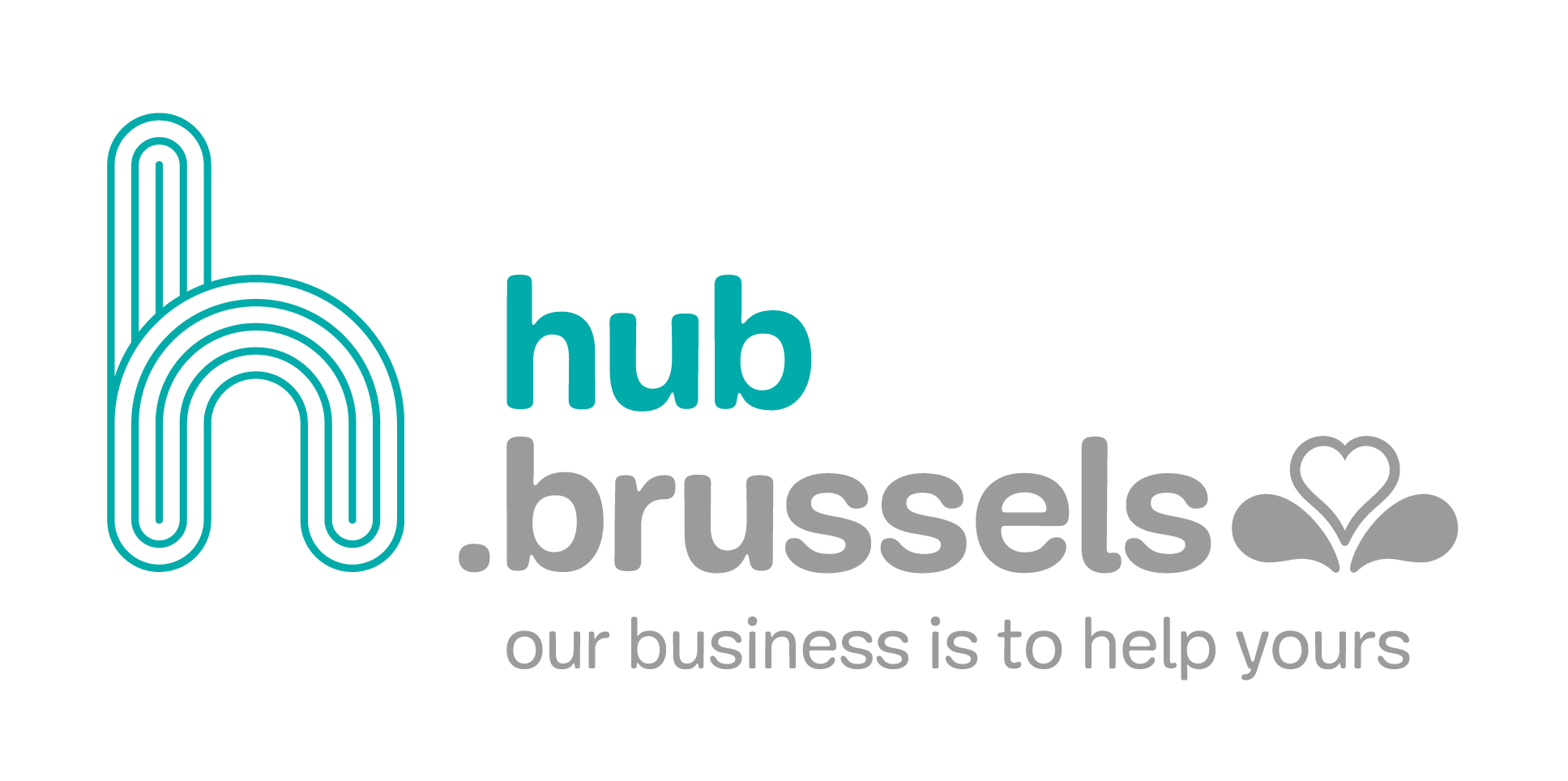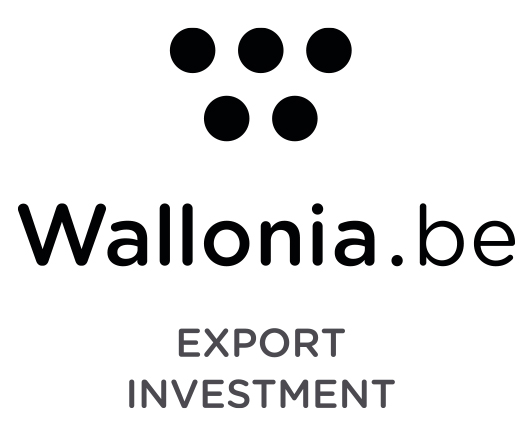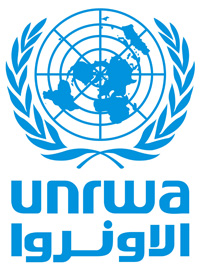4th edition, 2015
Focus on Luxembourg
Exclusive interview with H.E.M. Etienne Schneider, Deputy Prime Minister, Minister of the Economy, Minister of Internal Security, Minister of Defence of Luxembourg
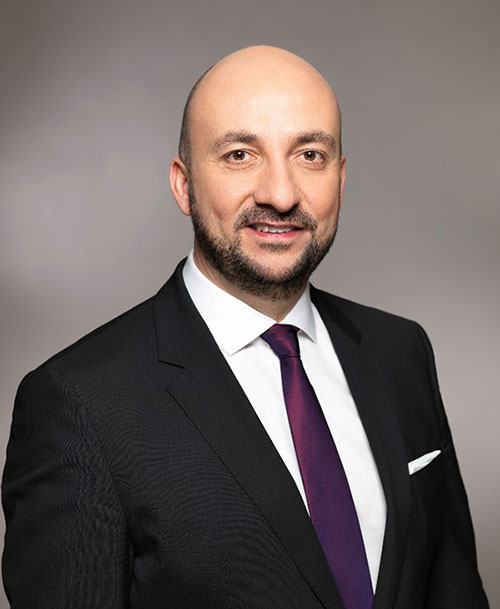
For this postholiday season, the Arab-Belgian-Luxembourg Chamber of Commerce has had the privilege to conduct an exclusive interview with H.E.M. Etienne Schneider, Deputy Prime Minister, Minister of Economy, Minister of Internal Security, Minister of Defense of Luxembourg, in order to get to know more about Luxembourg’s success story as a small country with a big reputation.
Biography
Education and qualifications
Following secondary school studies at the Lycée technique Nic Biever in Dudelange and subsequently the Lycée technique d’Esch-sur-Alzette, Étienne Schneider pursued higher education studies at the Institut catholique des hautes études commerciales (ICHEC) in Brussels and at Greenwich University in London, where he was awarded a degree in commercial and financial sciences in 1995.
Governmental posts
Étienne Schneider joined the government in February 2012 as Minister of the Economy and Foreign Trade in the coalition government formed by the Christian Social Party (CSV) and the Luxembourg Socialist Workers’ Party (LSAP). Following the legislative elections of 20 October 2013, Étienne Schneider was appointed Deputy Prime Minister, Minister of the Economy, Minister of Internal Security, Minister of Defence on 4 December 2013 in the coalition government formed by the Democratic Party (DP), the LSAP and the Green Party (“déi gréng”).
Other political posts
A member of the LSAP since 1991, Étienne Schneider was a municipal councillor in Kayl from 1995 to 2005. Following the municipal elections of 2005, he was elected first alderman, a mandate he held until 2010.
From 1997 to 2004, he assumed the role of secretary general of the LSAP parliamentary group in Parliament.
Professional activities
From 1995 to 1996, Étienne Schneider was a research assistant at the European Parliament in Brussels.
From 1996 to 1997, he held the role of economist for the LSAP parliamentary group in Parliament.
In 1997, he served as a project leader with the North Atlantic Treaty Organisation (NATO) in Brussels.
In 2004, Étienne Schneider was appointed government advisor to the Ministry of the Economy and Foreign Trade, responsible primarily for the Directorates of Energy, E-Commerce and IT/Data Security.
In 2009, he was appointed senior government advisor to the Ministry of the Economy and Foreign Trade, responsible for the Directorates of Economic Development, Infrastructures and Energy. In 2011, he assumed responsibility for the Directorate General of Economic Development, Industry and Businesses. Upon proposal of the government and in light of his roles within the Ministry of the Economy and Foreign Trade, Étienne Schneider became a member of the executive board of several companies.
In 2005, he was appointed chairman and managing director of the Société électrique de l’Our (SEO). Having led the negotiations that resulted in the creation of the company Enovos in 2010, Étienne Schneider, chairman of the executive board of Cegedel SA since 2004, was subsequently appointed chairman of Enovos International SA and Enovos Deutschland AG. He was also appointed chairman and managing director of grid company Creos in 2010.
In late 2010, he was appointed to the role of vice-chairman of the National Credit and Investment Company (Société nationale de crédit et d’investissement – SNCI).
Upon being appointed minister in February 2012, Étienne Schneider resigned from all the above posts.
ABLCC: Dear Minister Schneider, it is a well-known fact that Luxembourg is among the world's leaders as regard fund administration and private banking. Likewise, it has long been recognized as a centre for corporate finance and the headquarters of various multinational groups. However, Luxembourg has a lot more on offer. Could you expend on this?
H.E.M. Etienne Schneider: In a fast-changing environment, Luxembourg has repeatedly demonstrated in the past its ability to adapt and stay at the forefront of innovation with a flexible, can-do attitude. While our history is rooted in agriculture, we established a booming steel industry in the 19th and 20th centuries. When the steel crisis hit in the 1970s, it was time to reinvent ourselves once again – this time creating a dynamic financial centre that ranks 1st in the Eurozone and offers a very diverse range of activities and international expertise including banking, investment funds, insurance and bond listings, the RMB business as well as the introduction of advanced regulation for the Family Office Industry.
Being a small country with an international outlook, the Grand-Duchy has been able to attract from 1950s the first U.S. companies as Goodyear, Delphi, DuPont de Nemours or Monsanto. From 2004, the Luxembourg government has initiated a new policy of economic diversification in a multisectoral specialization perspective developing certain areas of activity considered as sectors able to generate high value-added activities like the ICT sector or environmental technologies.
Over the last decade, Luxembourg has so proven track record of openness and innovation by becoming an expert in polymers, composite materials, car-component manufacturing, logistics, digital services, satellite development and media production. In these last sectors, two home-grown European giants – RTL Group in media and SES in satellite transmissions – pioneered the country’s standing and have paved the way for other multimedia and telecommunications companies to follow. Leading stars of the ICT sector - Amazon, PayPal, eBay, iTunes, or Skype - have chosen the Grand Duchy to access worldwide markets.
ABLCC: What are your top priorities for the near future in order to boost Luxembourg’s economy?
H.E.M. Etienne Schneider: Luxembourg’s real secret to success lies in the diversified, innovative, international and stable character. We are at the heart of Europe with excellent connectivity to markets in the EU and worldwide. The Grand-Duchy’s stable political environment as well as its sound macroeconomic fundamentals and state-of-the art infrastructures attract investors and talent from all over the world. Luxembourg is appreciated for its quality of life and security. All this makes our country a partner of choice in Europe and at a global level.
In the near future, we foster this business-friendly environment with reactive public services tailored to the needs of national entrepreneurs and international investors. We continue implementing an attractive and responsive legal and regulatory framework, simplified procedures and financing aid regimes that support their innovative ideas.
A wide range of sectors from space and satellites to shipping and logistics rely for instance on state-of-the art connectivity in Luxembourg. Taking advantage of the country’s central geographical location, the government continues investing strategically to create a world-class digital environment. Luxembourg has one of the most modern data centre parks in Europe with low-latency connections to all of the major European Internet hubs.
Another advantage for companies is our performance in terms of property rights, absence of corruption, trade, investment or financial freedom. In Luxembourg, we put our strengths to work for you and focus on taking care of your European business. Whether you are planning to set up a headquarters, an R&D unit or a production facility, you will find the expertise and resources you need, and a government ready and willing to assist you. A diversified ecosystem provides a full range of advisory services covering several jurisdictions.

ABLCC: What makes Luxembourg an attractive place for foreign investors, and, as far as we are concerned, for Arab investors?
H.E.M. Etienne Schneider: The latest developments in the finance sector are great assets for Arab investors. The Luxembourg financial centre is the largest domicile for Islamic funds in Europe. In 1978 Luxembourg hosted already within the Islamic Banking system the first Islamic finance institution established in a western country. This characterizes Luxembourg’s open-mindness and efficiency and shows that we have long track record in the sector.
Luxembourg was the first Eurozone financial place that has launched its first Sukuk in October, 2014. The second is expected to be launched in 2016. On top of that and regarding the diversification of the finance sector, Luxembourg developed a well-reputed knowledge on Islamic finance. The Luxembourg Stock Exchange keeps on innovating by responding to new market needs such as Islamic bonds.
Besides the characteristics of Luxembourg finance sector the real economy offers a lot of advantages. Starting with the geographical position of Luxembourg in the heart of Europe. An investor can reach out to 60% of the EU’s GDP in less than one day. Also Luxembourg close ties economically, politically and socially to its direct neighbors namely Belgium, France and Germany which belong to the EU most dynamics economies form a real competitive advantage. The multicultural high-qualified work-force of Luxembourg economy makes it easier for Arab investors to find the appropriate and needed workforce supporting ever internationalization process of every company. Actually, Luxembourg is just the ideal hub to expand to any European market.
There are several sectors that are also interesting for investors namely the tourism sector which is an economic sector that is being pushed as another pillar of our economy. On the other hand, the innovative sectors as ICT, eco-innovation technologies, health technologies as well as the space and automotive sector might be of interest for the MENA region. I am sure that some interesting collaborations could be set-up.
An investor coming to Luxembourg has all this framework and advantages but one characteristic is also very important namely the brand “Made in Luxembourg”. Goods and services coming from Luxembourg are linked with these values: reliability, trust, security, high-quality. In our days, these qualities should not be neglected!
ABLCC: The recent Official Mission to Morocco and Tunisia, organized last April by the Luxembourg Chamber of Commerce, presided over by H.R.H. the Hereditary Grand Duke of Luxembourg and H.R.H the Hereditary Grand Duchess of Luxembourg, and led by you, in your capacity as Deputy Prime Minister and Minister of the Economy, shows evidence of the desire to further develop economic and trade relations with the Arab World. How would you define the existing relationship between Luxembourg and Arab countries? Where do you see this relationship 10 years down the lane? Which are the main points of economic exchange between Luxembourg and the Arab countries?
H.E.M. Etienne Schneider: On the political basis, Luxembourg has always been supportive of the Arab region, its traditions and its transitions striving to find peaceful and constructive solutions in the MENA region. The economic partnerships with Luxembourg should be further developed and these bilateral relations should enlarge and foster our existing political ties.
In 2011, Luxembourg opened an Embassy and a Luxembourg Trade and Investment Office in Abu Dhabi which confirms the importance of the MENA region for our economy and our will to further develop and strengthen the bilateral collaborations. The characteristics and the developments of the economy of the Arab countries are often structured very differently. Every country has its own economic strategies, development projects and added-values and risks. On the one hand this makes this region so appealing, but on the other hand this region also presents some hurdles for Luxembourg entrepreneurs to develop their business in this area.
Nevertheless, I am convinced that Luxembourg is a very interesting partner for the MENA region to do business with. Luxembourg’s companies offer many niche products and services characterized by their high added-value and their high level of innovation.
As the world changes all the time a prediction about our economic relations is a big challenge. Though, when analyzing some of the Arab countries’ economic strategies I dare to underline that some collaborations namely in the ICT sector as for example the FinTech, setting-up Data centers or even on the E-governance form an excellent basis of future collaborations. On top of this sector, I think Luxembourg is a reliable partner in the environmental technologies. Over the last years, many Luxembourg companies like SOLARtec with its special off-the-grid solar technologies, Myriado or even Apateq for water and wastewater treatment have become international well-known actors. These innovative products would be an added-value for many Arab countries.




